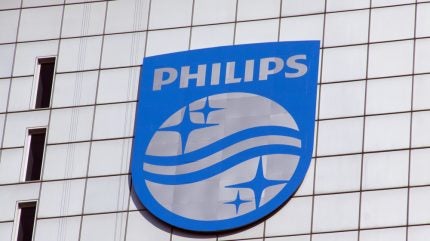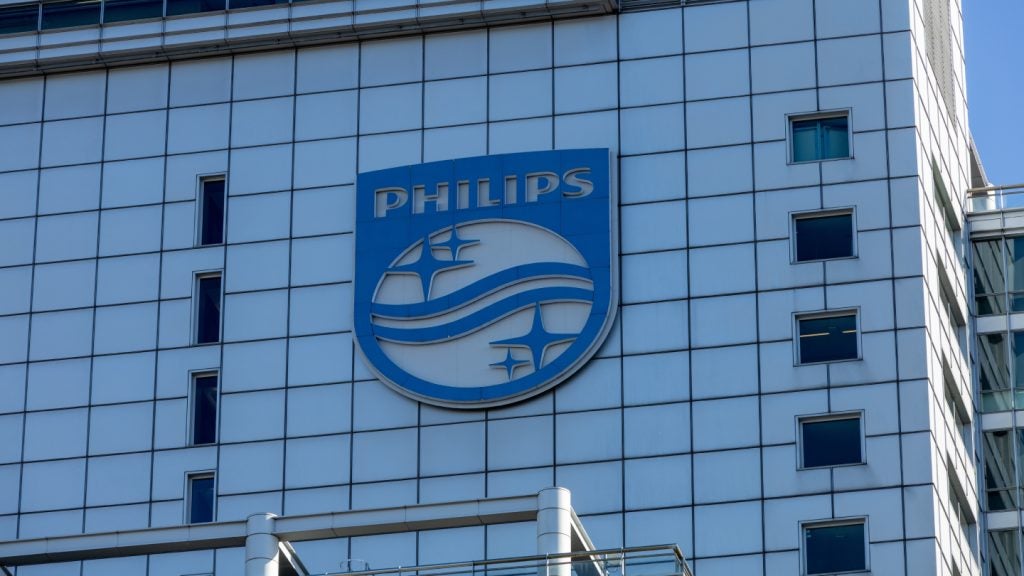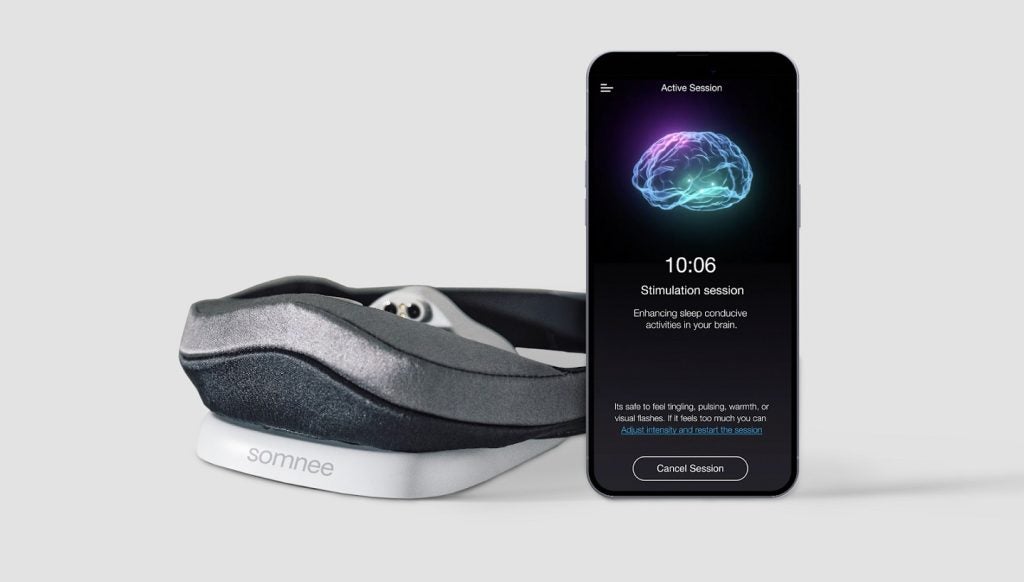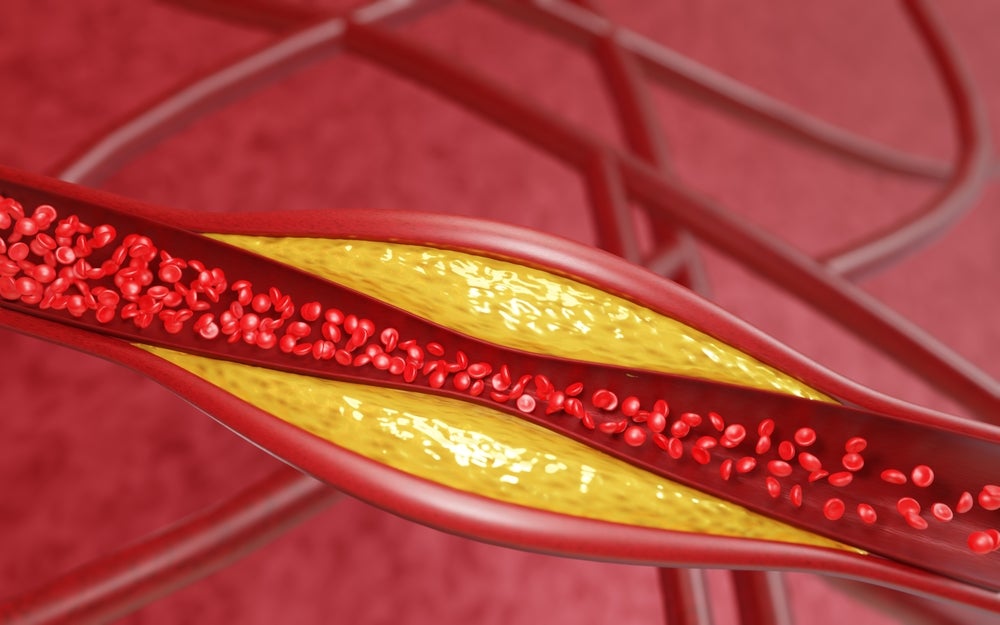
Philips has reached a settlement in the US covering lawsuits relating to its faulty sleep apnoea devices, ending a long-lasting legal battle.
The company has agreed to pay $1.1bn to settle the personal injury claims and medical monitoring class action lawsuit. The payments are expected in 2025 and will come from Philips’ cash flow.
Whilst Philips said the agreement with plaintiffs’ leadership ends “uncertainty associated with the litigation”, the company did not admit fault nor liability.
Shares in the Dutch medtech giant surged 25% at market open following the settlement which was lower than expected from analysts across the industry. Bloomberg analysts had predicted a payment range between $2bn and $4.5bn.
GlobalData medical analyst Elia Garcia told Medical Device Network: “The announcement that resulted in a lower-than-expected settlement sum probably helped to drive up the price of Philips’ stock. Investors feel glad that the recall issue’s financial consequences appear to have been lessened, possibly preventing further substantial losses.
In an email to Medical Device Network, the Plaintiffs’ co-lead counsel said in a statement: “We are pleased to have reached a resolution of personal injury and medical monitoring claims for $1.1bn.
How well do you really know your competitors?
Access the most comprehensive Company Profiles on the market, powered by GlobalData. Save hours of research. Gain competitive edge.

Thank you!
Your download email will arrive shortly
Not ready to buy yet? Download a free sample
We are confident about the unique quality of our Company Profiles. However, we want you to make the most beneficial decision for your business, so we offer a free sample that you can download by submitting the below form
By GlobalData“The agreements with Philips will provide compensation to those users of the now-recalled CPAP and other respiratory devices who suffer from significant physical injuries and important research for the treatment of those injuries.”
Issues surrounding Philips’ respiratory device range have plagued the company for the past three years. Shares in the company have been trading well below values preceding the first recalls for the devices in 2021. Philips recalled certain devices following reports of polyester-based polyurethane foam breakdown, thereby potentially exposing patients to toxic chemicals. The company issued worldwide recalls for millions of devices.
The company has also cut 10,000 jobs to save costs in the wake of the lawsuits and set aside millions of dollars to cover expenses.
In January 2024, Philips agreed to stop selling its sleep apnoea devices after a so-called consent decree was reached with the US Department of Justice acting on behalf of the US Food and Drug Administration. Philips is still under investigation by the US Justice Department.
Garcia added: “Beyond the financial component, it’s critical to acknowledge the human cost of these tragedies, as people continue to deal with physical injuries and continuing medical monitoring needs. The recall has brought attention to how crucial it is to have strict quality control procedures and open lines of contact with customers in order to avoid similar situations.”
The company announced the settlement as part of its Q1 financial highlights. Order intake was down 3.8%, mainly due to the supply freeze in China. Philips said it is aiming for 3% to 5% comparable growth for the full year 2024.
Philips CEO Roy Jakobs said: “Patient safety and quality is our highest priority, and we have taken important steps in further resolving the consequences of the Respironics recall.
“The remediation of the sleep therapy devices for patients is almost complete, and the test results to date show the use of these devices is not expected to result in appreciable harm to health. We do regret the concern that patients may have experienced.”
This article was updated on 2 May to include analyst comments.







